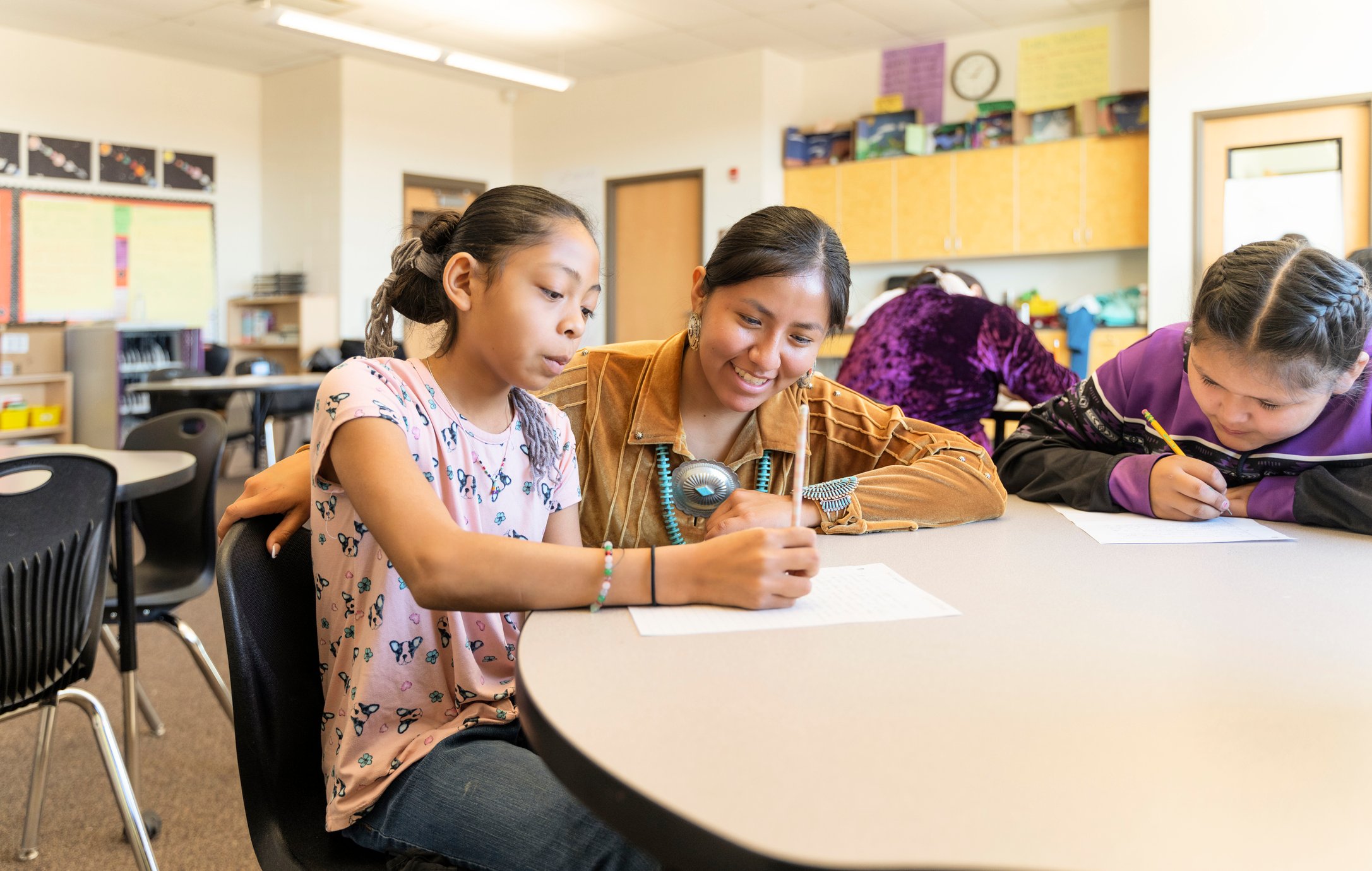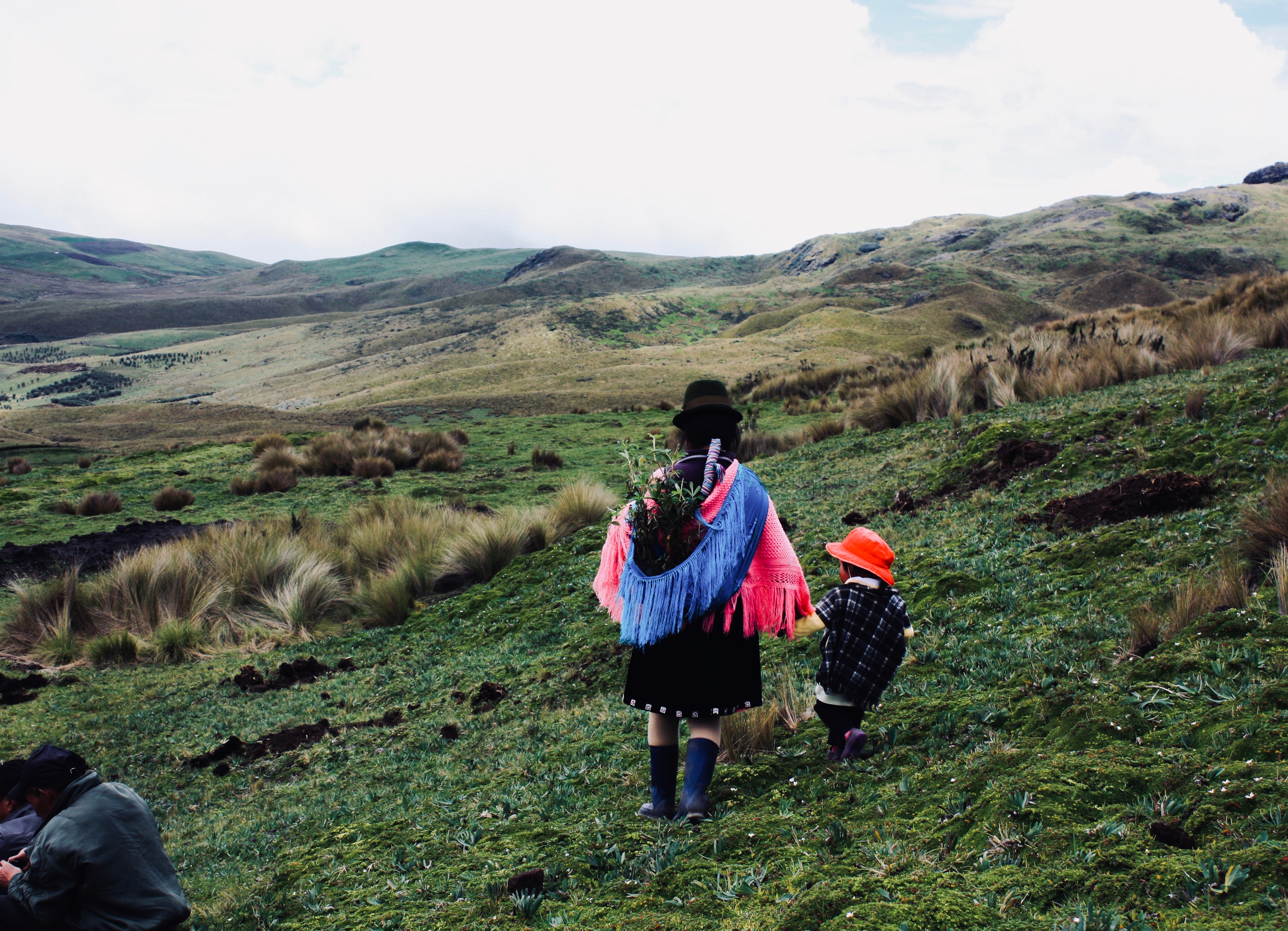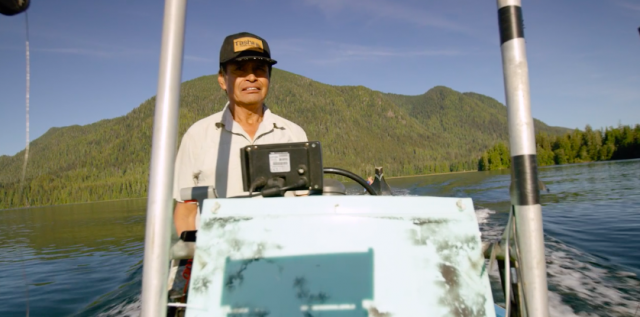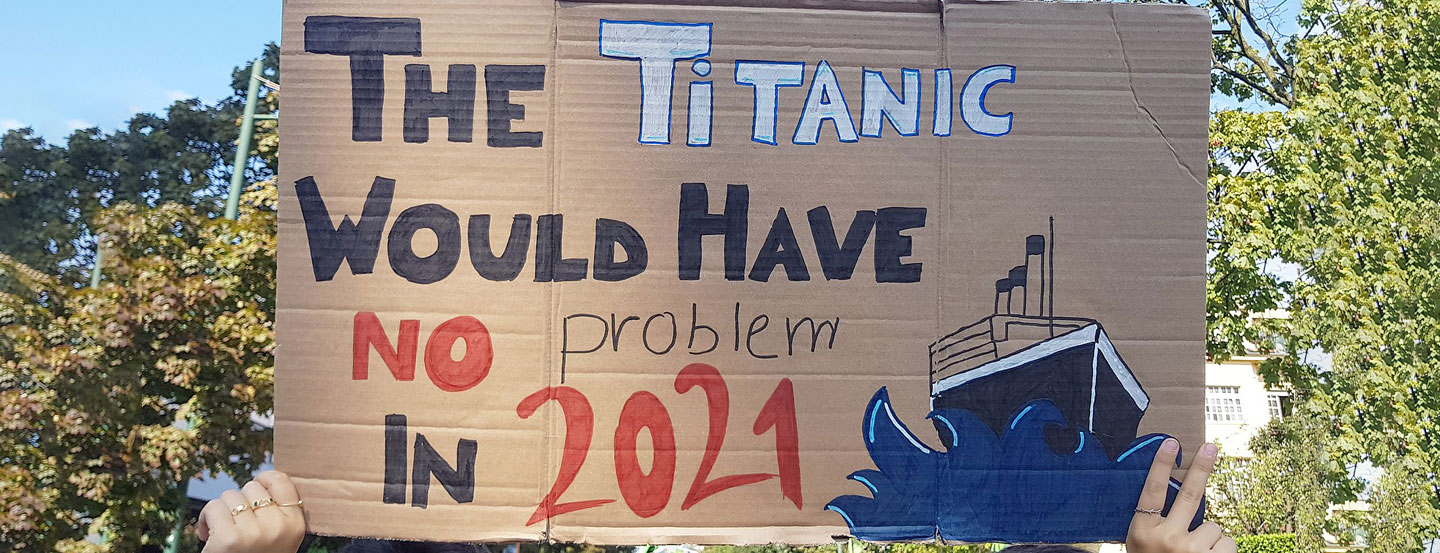About This Lesson
Access Free Lesson Plan Here: https://bit.ly/45jLYPq
In this lesson, students reflect on, research, and describe key climate change issues and potential solutions related to Hawai‘i and write a personal narrative incorporating Indigenous solutions to their lived experience.
Step 1 - Inquire: Students consider how climate change has already impacted their lives in their personal community.
Step 2 - Investigate: Students explore and take notes on graphs, maps, a video, and a website that describe the key issues of climate change in Hawai‘i and potential solutions to protect the 'āina.
Step 3 - Inspire: Students craft a short personal narrative essay that includes their lived experience with climate change and an Indigenous solution.
Learning Outcomes
Students will be able to:
- Explain their lived experience with climate change.
- Articulate specific solutions for addressing climate change in Hawai’i.
- Craft a personal narrative that combines their experience with a plan to help create a better future.
More Free Stuff!
Free News Articles for Students







![Preview of Personal Narratives and Indigenous Climate Solutions [Lesson Plan].pdf - page 1](/system/files/preview/document/2023-09/Personal%20Narratives%20and%20Indigenous%20Climate%20Solutions%20%5BLesson%20Plan%5D-1.jpg)









